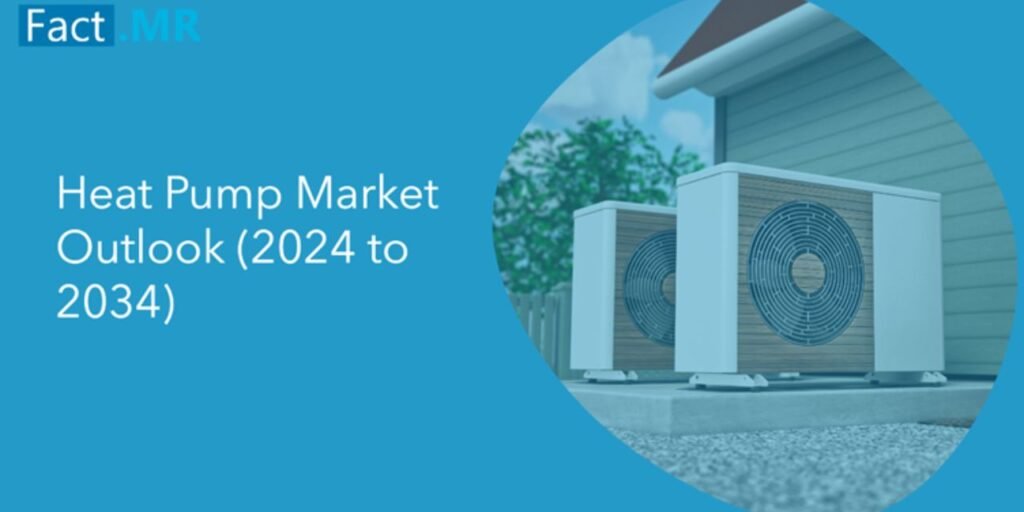
The replacement of traditional fuel-based heating methods with heat pump technology and the widespread use of heat pump technology in residential applications as an affordable heating alternative are some of the factors propelling the growth of the heat pump market.
Additionally, heat pumps technology conforms with regulations and made a significant contribution to the decrease of CO2 emissions. Consequently, the expansion of the global heat pump market is further fueled by favorable regulatory policies and rising environmental concerns.
Future heat pump implementation research and ongoing advancements in renewable heating and cooling technologies continue to have an impact on the business. Heat pump sales are being driven by the rising need for IoT integration with heat pumps and the adoption of environmentally friendly alternatives to traditional heating equipment for the purpose of reducing carbon emissions.
The reasons propelling the rise of the heat pump market include the latest advancements in heat pumps, the increasing need for industrial heat pumps, and the expanding use of heat pump technology in residential applications. Heat pumps powered by the Internet of Things (IoT) allow for remote component diagnostics, real-time monitoring, and predictive maintenance.
Smart thermostats that monitor environmental changes and interact with their water heater equipment are an integral part of the Internet of Things-based heat pumps. Heat pumps are becoming more and more popular among end users in many industries.
Important Findings from the Market Analysis:
A CAGR of 9.1% was noted for the Heat Pump market from 2024 to 2034, according to Fact.MR.
The heat pump market was valued at US$ 84.6 billion in FY 2024.
Based on Fact.MR’s forecasts, the US Heat Pump market is expected to grow at a compound annual growth rate of 9.1%.
According to a Fact.MR researcher, “the primary driver driving market growth will emerge as the growing need to curb dependence on fossil fuels and look for an energy-efficient alternative to furnaces and air conditioners as well as change in climate conditions across the globe.”
Competitive Environment
Leading companies in the heat pump sector are capitalizing on the steadily rising need for heat pumps across a range of uses. Players are depending on partnerships, acquisitions, and collaborations with current small-, medium-, and large-scale players to expand their outreach. The following are some notable market developments:
Johnson Controls purchased FogHorn, a top producer of Edge AI software for commercial and industrial Internet of Things (IoT) applications, in January 2022. Johnson Controls will be able to grow its building solutions business with this development.
Leading provider of data center infrastructure management (DCIM) software, Nlyte Software, was bought by Carrier Global in October 2021. It is anticipated that the development would expand the HVAC business segment’s automated solutions.
Carrier Global subsidiary Carrier China and Huadian Corporation partnered in September 2021 to supply centrifugal chillers for the Guangzhou Wanbo Central Energy Station in China.
DENSO and NTT Data jointly announced in June 2021 that they had successfully completed a verification test aimed at enhancing mobility experiences via the use of data on vehicle and people flows. The test intends to enhance mobility services and experiences and help businesses attract new customers in light of evolving consumer behavior.
